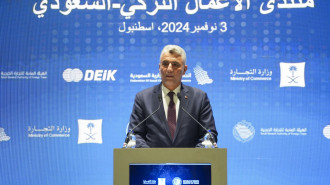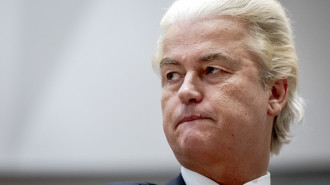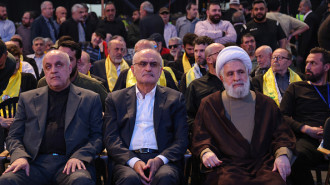Saudi-led bloc boycotting Qatar rejected Trump-backed meet on Gulf crisis, says Qatar Emir
US President Donald Trump offered to host a meeting to end an ongoing diplomatic crisis in the Gulf but the Saudi-led bloc boycotting Qatar refused to take part, Qatar's emir has said.
Sheikh Tamim bin Hamad Al Thani made the comments on proposed Camp David-like meet in an interview with US broadcaster CBS that will be aired on Sunday.
"The president showed he is committed to find an end to this crisis… he suggested that we come and I told him straightaway, 'Mr. President, we are very ready, I've been asking for dialogue all along," Sheikh Tamim said.
"It was supposed to be very soon this meeting, but I don't have any response [from the other countries]," he added.
Saudi Arabia, the United Arab Emirates, Bahrain and Egypt in June announced they had cut all relations with Qatar, accusing Doha of ties to Islamist fundamentalists and Iran.
Qatar has denied the allegations and has rejected the conditions of a proposed settlement to the diplomatic and economic boycott.
The bloc's demands are not entirely clear, but they include the closure of media outlets such as Al Jazeera and The New Arab, mothballing a Turkish military base in Qatar, and payment of "compensation" to Gulf states and Egypt.
The Emir said that he believed the Saudi-led bloc was attempting to undermine Doha's sovereignty and interfere in its foreign policy.
"They don't like our independence…we want freedom of speech for the region…they think that this is a threat to them," he explained.
"Iran is our neighbour… we have lots of differences on foreign policies with Iran, more than them. When those countries, our brothers, blocked everything. Blocked medicine, blocked food, the only way for us to provide food and medicine for our people was through Iran," he added.
Sheikh Tamim's remarks come a day after the US Secretary of State warned that the five-month old crisis could have a major negative impact on the region.
Rex Tillerson said the spat could result in "far-reaching consequences" and called for unity in the Gulf Cooperation Council.







 Follow the Middle East's top stories in English at The New Arab on Google News
Follow the Middle East's top stories in English at The New Arab on Google News


